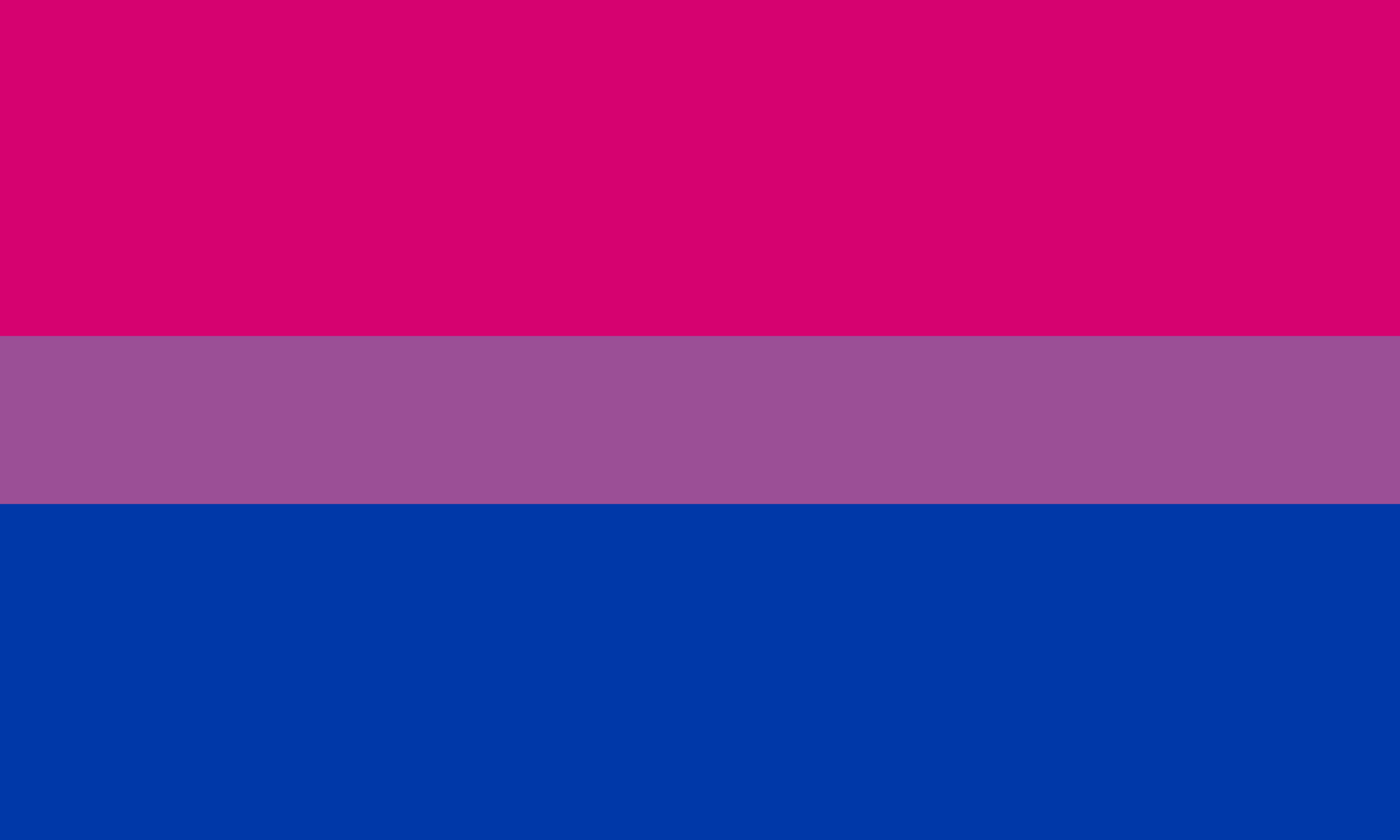Better Representation Could Help Bisexual People Face Their Public Health Issues
Invalidating Bisexual Experiences Only Leads to Poor Physical and Mental Health
So many people repress their sexualities, often because they’ve never seen any representation of people like them in the media, on `TV or in their lives. This is especially true of bisexual people, many who grow up bi don’t really know what it means to be bisexual. As a result, these teens and young adults know what their lives could look like.
In many ways, bi individuals are invisible in society, claims Brian A. Feinstein, PhD, an associate professor of psychology at the Rosalind Franklin University of Medicine and Science in North Chicago who specialises in the study of sexual and gender minority health. And, many encounter resistance when they come out, with pressure on them to ‘figure out’ their sexuality as if they have to pick a side. Some people even spend years debunking damaging stereotypes, such as the belief that bisexual people cannot be monogamous as they are attracted to men and women.
© Pixabay
People who identify as bisexual, pansexual, or queer (bi+) frequently straddle two worlds. Bi+ men are commonly accused of being too afraid to come out as gay, while bi+ women are commonly assumed to be straight and only attempting to attract attention regarding dating.
Negative stereotypes make bi+ people more likely to be rejected or hated and feared by monosexual partners, which can lead them to feel like imposters or internalize unfavorable thoughts and ideas about themselves, according to Dr. Ghabrial.
Despite making up the majority of the LGBTQ community, bi+ people are less likely to be out than their gay and lesbian peers. The double prejudice of being questioned and shunned by individuals in both straight and LGBT environments partly contributes to this. These encounters, however, are more than just painful and alienating. They might also be connected to a number of detrimental health effects that bi+ people experience more frequently.
The dilemma of bisexual public health
Bisexual people were sometimes put together under the LGBTQ umbrella in early research studies. But, according to Dr. Feinstein, recent research has found that bi+ people experience worse health outcomes than gay, lesbian and heterosexual people.
© Pixabay
For instance, compared to gay, lesbian, and straight people, bi+ women and men are more likely to report having had serious thoughts about suicide in the past or to experience symptoms of anxiety and despair. Additionally, bisexual individuals are more likely to misuse medications and alcohol. According to certain research, they may be more likely to engage in unsafe sexual behaviour, which increases the likelihood of teen pregnancies and sexually transmitted illnesses.
Research suggests stigma and prejudice also play a part in these health disparities, which are caused by a number of variables including lesser access to high-quality healthcare and health insurance. Stress increases when you feel invisible or rejected. That can have a negative impact on your health over time.
Why representation is beneficial
By fostering a sense of visibility and acceptance for bi+ children and adults, media representation can help reduce the health disparities associated with being bisexual, in addition to healthcare reform, bi-friendly communities like amBi, and includes resources for teens like Sex. Etc. and Scarleteen.
The depiction of bi+ people still has a long way to go. Dr. Feinstein observes that rather than more positive or holistic portrayals, bi persons are typically presented as hypersexualized or disloyal, and plots frequently revolve around a conflict with their sexual identity.
Eventually, bi+ representation will soon reflect this group’s rich diversity and complexity. As more bisexual characters, celebrities, and creators come out, we’re eager to learn more about them.
Comments are closed.



